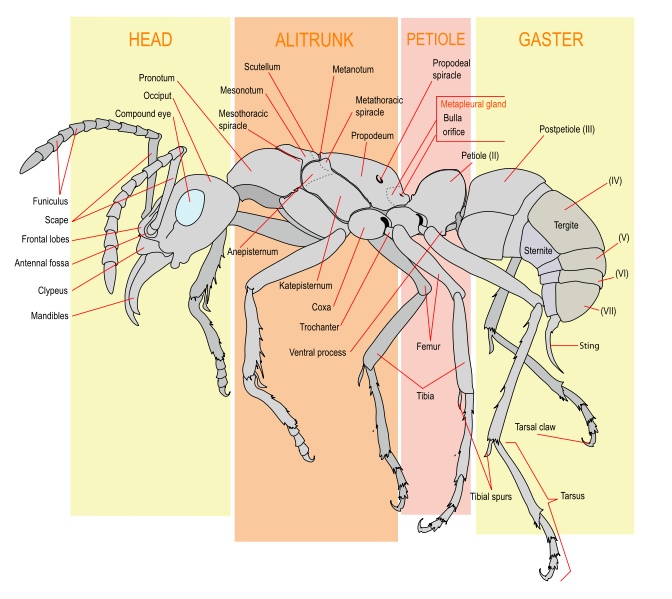"We know about the social and political void preceding election day. Every initiative is postponed, the bets are made, rien ne va plus, society is already frostbitten in advance. It is pure simulation, incidentally, for the electoral outcome itself does not matter in the least. Every political power tries hard to freeze society through this electoral suspense, this ecstasy of the ballot or survey. One gets the impression that the approach of the year 2000 suffices to make the political societies rigidify retrospectively in the same way.
"Since the beginning of the 1980s, a timeless area has emerged that will survive by deterrence, like crisis has already done, out of fear that something too significant could happen.
"If it were possible, one would suspend time before this anniversary of the millennium arrives (the year 2000 will not take place). It is true that this is a metaphor, but it is one that concerns us. What I mean is that this stopping of time, this fear of the millennium and of this whole metaphysical or historical convulsion that is symbolized by the approach of the next millennium has long since occurred. The fear is manifested in the previous century without anyone really having any premonition of anything else.
"And the euphoria of the new information society is not succeeding at masking this mental recession into indifference, this retardation of time as it approaches its end.
"Thus, aspects of this intellectual recession are the point at issue. As in the film 2001, we are journeying into space, with the computer monitoring us. The information, communication, etc., keep the social body in a state of perfect survival, ensuring that all vital functions continue: circulation, breathing, metabolism, heart tone, cell regeneration -- just as the computer does it with the biophysiological functions of the voyagers in 2001. Quite simply, there is no life any longer. Nor is there any in our societies. In a certain way there is no life any more, but the information and the vital functions continue. When the time has passed, the passengers must certainly awaken unless the computer, acting on some vengeful or evil impulse, were to really disconnect them so that they never reach their destination.
"So it is with us as well. Thus far the risk of being disconnected from the vital functions is still small, but we are already more or less disconnected from our history and thus also from its destination. That means, then, that time can slow as it nears its end and that the year 2000, in a certain way, will not take place."
B a u d r i l l a r d
"The Anorexic Ruins"
from Looking Back on the End of the World
The future of inertia:
"The future lies in cosmic solitude. I picture a weightless individual in a little ergonomic armchair, suspended outside a space capsule, with the earth below and the interstellar void above. A man with his own gravity, who no longer needs a relationship to society, to those around him, and least of all to a family."
"The Game of Love and Chance"
citation

No comments:
Post a Comment